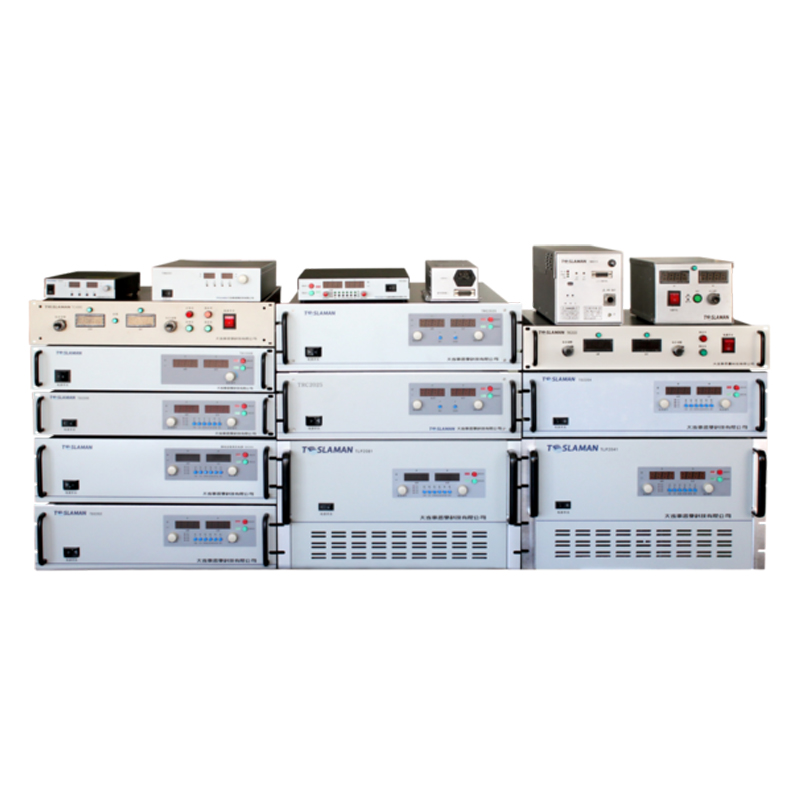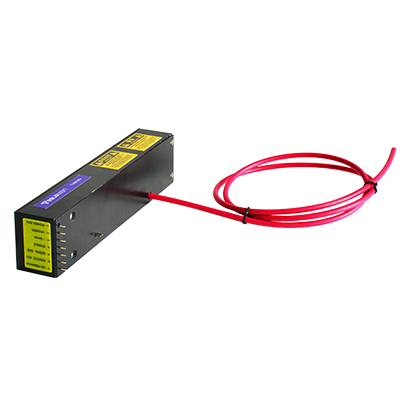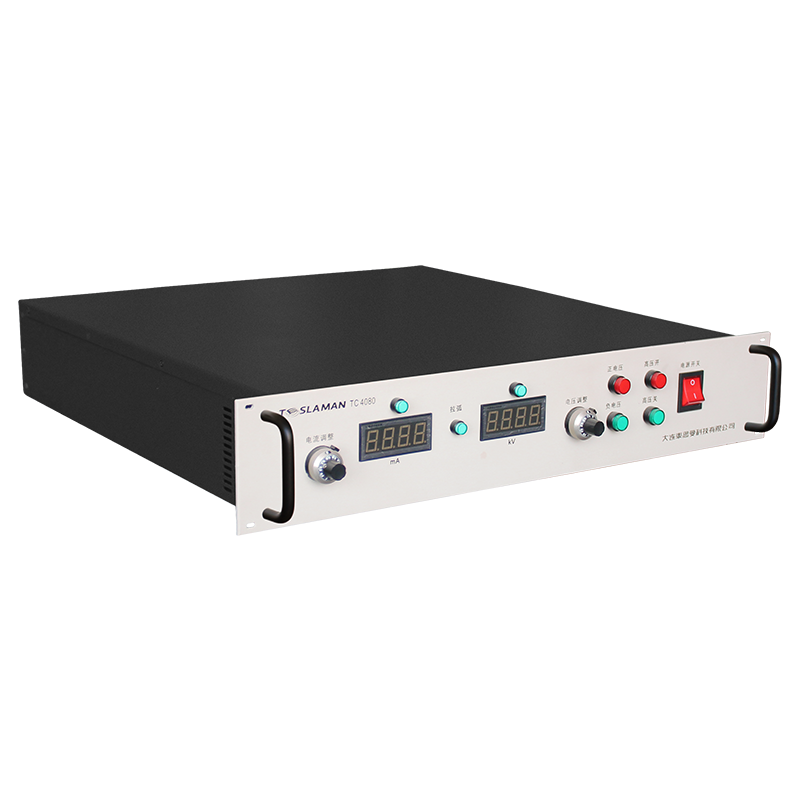Application and Efficiency Evaluation of High-Voltage DC Power Supply Technology in Rocket Engine Ignition Systems
I. Introduction
With the rapid development of space technology, rocket engines, as the core power devices of spacecraft, play a crucial role in the success of the entire space mission. In the ignition system of rocket engines, high-voltage direct current (HVDC) power supply technology is of paramount importance. This article will delve into the application of HVDC power supply technology in rocket engine ignition systems from a professional perspective and evaluate its efficiency.
II. Application of High-Voltage DC Power Supply Technology in Rocket Engine Ignition Systems
(A) Introduction to the Ignition System
The main task of the rocket engine ignition system is to generate sparks of sufficient intensity at startup to ignite the mixture of fuel and oxidizer, thereby driving the rocket engine to work. The performance of the ignition system directly affects the startup success rate and stability of the rocket engine.
(B) Application of HVDC Power Supply Technology
The application of HVDC power supply technology in the rocket engine ignition system is mainly reflected in the following aspects:
1. High voltage output: The HVDC power supply can provide high voltage outputs of tens of thousands or even hundreds of thousands of volts, meeting the high voltage requirements of the rocket engine ignition system.
2. Stability and reliability: Through advanced control technology and circuit design, the HVDC power supply can maintain stable output voltage and current in complex working environments, ensuring the reliable operation of the rocket engine ignition system.
3. Rapid response: The HVDC power supply has a rapid response capability and can quickly adjust voltage and current within a short period of time, meeting the needs of the rocket engine ignition system for rapid response.
4. Efficient energy conversion: By adopting efficient switching power supply technology, the HVDC power supply can achieve high-efficiency energy conversion and reduce system energy consumption.
III. Efficiency Evaluation of HVDC Power Supply Technology in Rocket Engine Ignition Systems
(A) Efficiency Evaluation Methods
To evaluate the efficiency of HVDC power supply technology in rocket engine ignition systems, the following methods are mainly used:
1. Theoretical calculation: Calculate the theoretical efficiency based on the output power, working voltage, and current parameters of the HVDC power supply.
2. Experimental testing: Conduct experimental tests in the actual rocket engine ignition system to measure the actual output power and input power of the HVDC power supply, thereby calculating its actual efficiency.
(B) Efficiency Evaluation Results
By combining theoretical calculations with experimental tests, the efficiency of HVDC power supply technology in rocket engine ignition systems was evaluated, yielding the following results:
1. Theoretical efficiency: Based on the design parameters and working principles of the HVDC power supply, its theoretical efficiency can reach over 90%.
2. Actual efficiency: Experimental test results in actual rocket engine ignition systems show that the actual efficiency of the HVDC power supply can reach 85% to 90%, which is consistent with the theoretical efficiency.
IV. Conclusion
In summary, the application of HVDC power supply technology in rocket engine ignition systems has significant advantages, such as providing high voltage output, good stability and reliability, rapid response, and efficient energy conversion. By evaluating the efficiency of HVDC power supply technology in rocket engine ignition systems, it is found that the actual efficiency is consistent with the theoretical efficiency, verifying the effectiveness and reliability of HVDC power supply technology in rocket engine ignition systems. With the continuous development of space technology in the future, HVDC power supply technology will play an even more important role in rocket engine ignition systems.




















